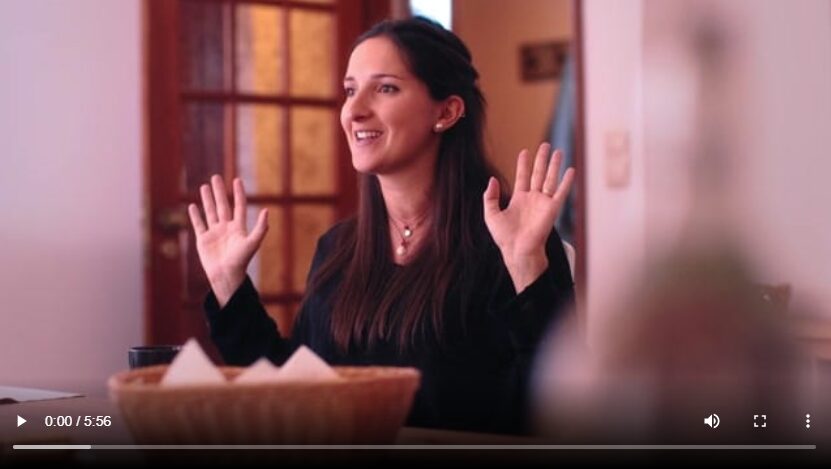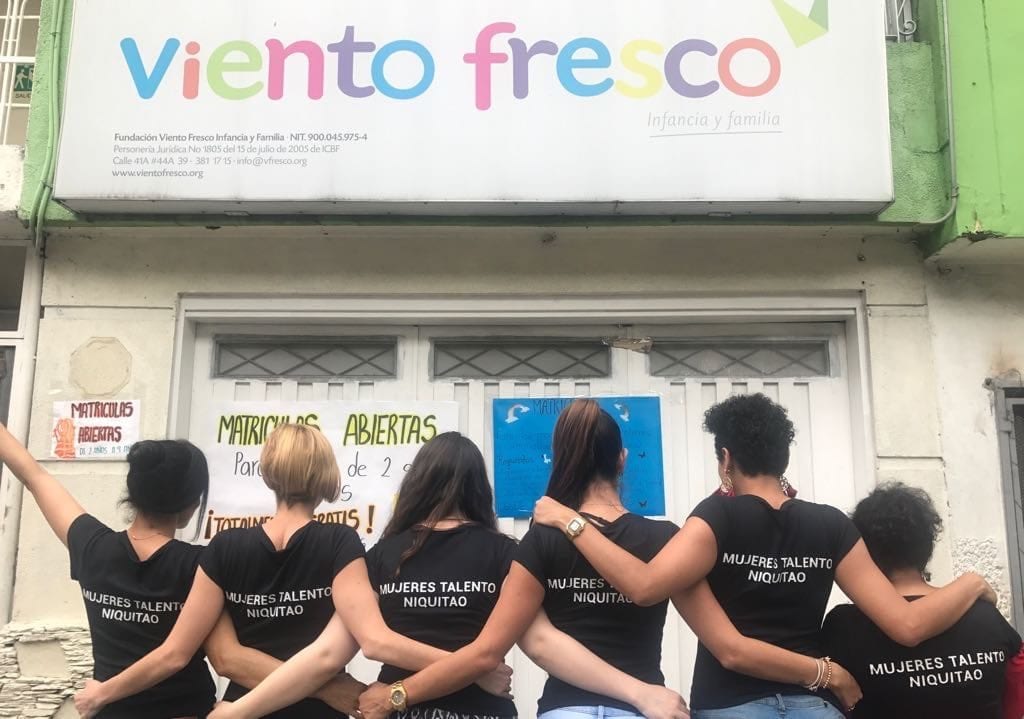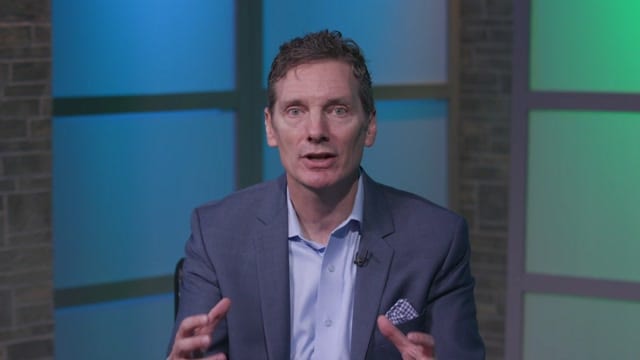
Speaking of rejection, no one likes it. Most people would naturally do one of two things wrong after hearing the word NO:
1. Run away as fast as possible and hide somewhere where the rejection can’t find you.
2. Stay and argue, attempting to persuade the other person to change his/her mind.
These are classic fight or flight reactions. However, not only are these both bad options when trying to get something we want, but they could have hidden consequences that we aren’t aware of.
Wrong option #1—Leaving:
This might look harmless on the surface, but we often walk away feeling a combination of disappointment, anger, frustration and shame. These feelings, combined with the negative feedback we just received, can lead us to lose confidence in our ideas, our businesses or even ourselves. In the end, running away can cause us to give up more easily in the future.
Before your fight or flight instinct kicks in, ask: “May I know why this wouldn’t work?”
Moreover, we don’t learn anything from the rejector on the reason we were rejected. Was it because she was in a bad mood? Was it because he didn’t need what I was offering? Or possibly, was it because there is something seriously wrong with our offering that we need to change? Leaving a situation before we realize the reason why we were rejected doesn’t allow us to learn the reason why. The fear of rejection triggers our body to run but leaves us without the one thing we need in order to grow—the reason why.
Wrong option #2—Arguing:
Arguing can happen after a rejection for a couple of different reasons. We might feel that the rejection is unfair or wrong. With indignation, we argue based on rules and morality. Or, we might feel that the rejection is counter-productive to both parties, so we try to argue based on interests.
However, when we’re arguing, we are trying to change the other person’s position and opinion—something not easily done. Position switch involves the other person’s emotion and ego. Most people are naturally repelled by the idea of admitting they were wrong in the first place or showing weakness in doing so. Arguing more often leads to people feeling defensive and insulted. When you feel like someone is trying to “change you” or change your deepest beliefs, it can lead to hurt relationships and more tension. There is no productivity in arguing after facing a rejection.
The Magic Word—Why
In my book Rejection Proof, I revealed a list of techniques you can use to turn a NO into a YES after a rejection. The first technique is using a word with magic powers to influence people and create amazing opportunities. That word is WHY.
Here’s what you do:
Immediately after a rejection, before your fight or flight instinct kicks in, ask: “May I know why this wouldn’t work?”
For those of you who have followed me, you might be familiar with this video where I planted a flower in someone’s backyard.
https://www.youtube.com/watch?v=8t4B6xMLx4k?rel=0
However, what you may not know is that something happened before this video. Before talking with Connie, I actually first asked her neighbor if I could plant a flower in his backyard. He was an older gentleman and said NO. But before he could turn away, I asked him why. As it turned out, he had a dog who would dig up everything he puts in the backyard. He didn’t want me to waste my flower and effort. In fact, he told me to go across the street and talk with Connie instead, because he knew that Connie loved flowers. Then the above video happened. And it happened only because I didn’t run after the initial rejection and instead, I asked the magic word WHY.
Use the magic word instead. Ask why.
**Note that had I not asked why and simply left (like I did in my first rejection attempt), I might have thought the reason for the rejection was because he didn’t like my flower, he didn’t trust me or maybe because I sounded like a crazy person. I would have left the rejection attempt imagining all of the reasons why I’m a horrible and ugly person. Isn’t this what we do after being rejected? We feel like it is blow to who we are as a person—some kind of indictment on our soul.
I could have done worse by arguing with him that he should let me plant a flower in his backyard. It could have turned unpleasant and even ugly. In the end, it wouldn’t have done any good.
But because I asked why, I found out that it had nothing to do with me, but everything to do with him. In fact, he trusted me enough to refer me to his neighbor Connie. Asking why gave me another opportunity to seek out the backyard for planting my flower.
Because rejection is painful, we often succumb to our psychological tendency to fight or flight, just like our ancestors when they were fighting beasts in the wild. However, in modern day business negotiation and communication when intricate emotions and interests are involved, relying on our primary instinct is very unproductive.
Use the magic word instead. Ask why.







 As a fashion designer, Luz was aware of many job opportunities for women in the Medellin fashion industry. Skilled and trained women could work in clothing factories and make it their living career and source of income. Luz says, “In my GLS seat, I just had this vision of helping the women from Niquitao by providing them the training they needed, and helping them find jobs once they were trained. I had the contacts, the knowledge and the passion to make this a reality.”
As a fashion designer, Luz was aware of many job opportunities for women in the Medellin fashion industry. Skilled and trained women could work in clothing factories and make it their living career and source of income. Luz says, “In my GLS seat, I just had this vision of helping the women from Niquitao by providing them the training they needed, and helping them find jobs once they were trained. I had the contacts, the knowledge and the passion to make this a reality.”





Recent Comments